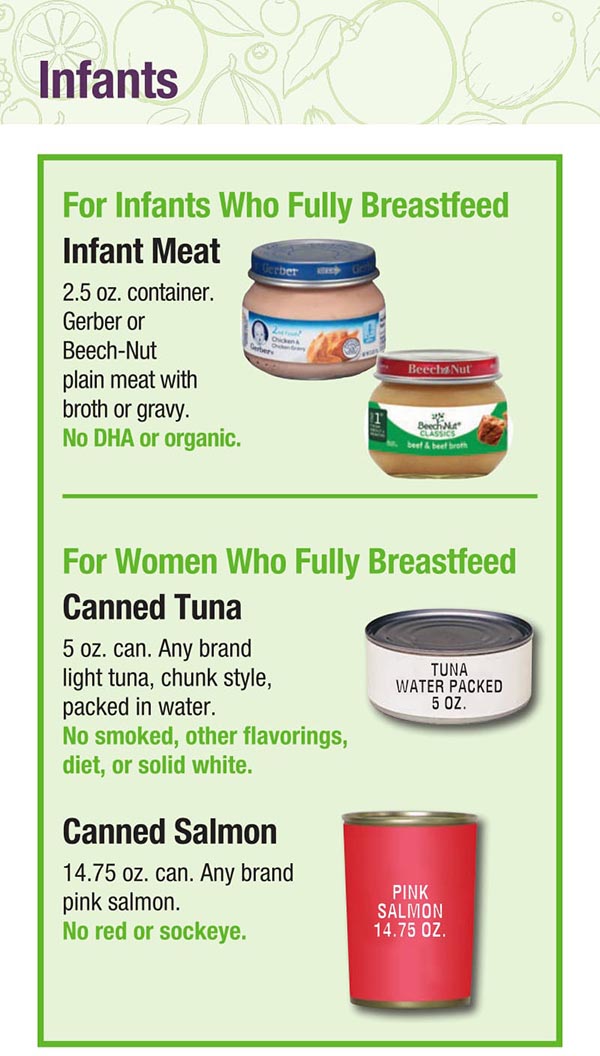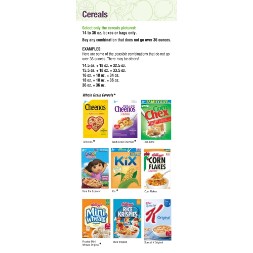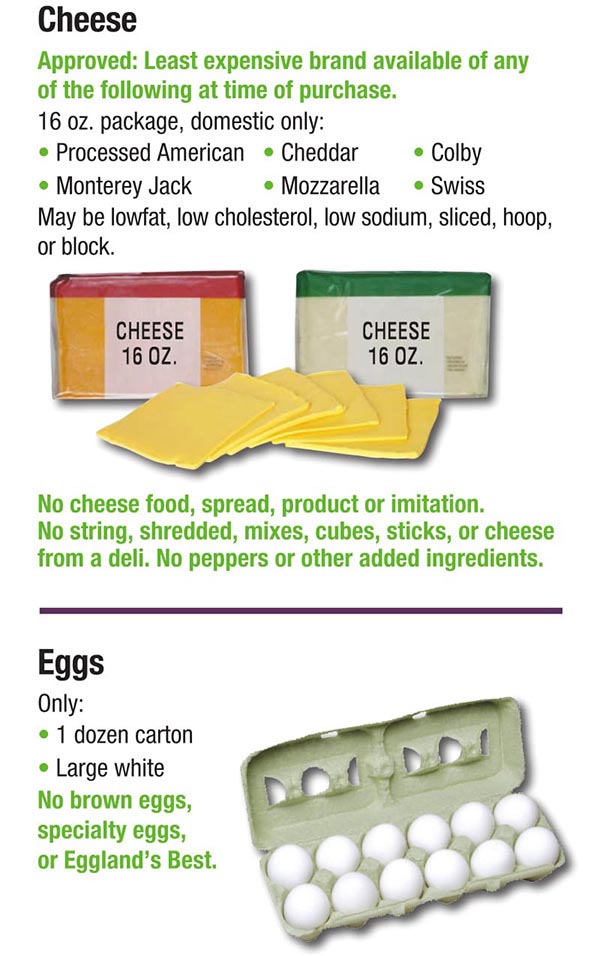

Violations will be punishable by up to 10 years in prison. Unless blocked by the court, the Alabama law will take effect May 8, making it a felony for a doctor to prescribe puberty blockers or hormones to aid in the gender transition of anyone under age 19. Faulks added that lawmakers are using children, as, “political pawns for their reelection campaigns.” Ivey and legislators face primaries next month. “Transgender youth are a part of Alabama, and they deserve the same privacy, access to treatment, and data-driven health care from trained medical professionals as any other Alabamian," Tish Gotell Faulks, legal director of the American Civil Liberties Union of Alabama, said in a statement. The two lawsuits - one on behalf of two families and another on behalf two families and the physicians who treat their children- pose legal challenges to legislation signed into law Friday by Republican Gov.

(AP) - Families with transgender teens sued the state of Alabama in federal court on Monday to overturn a law that makes it a crime for doctors to treat trans youth under 19 with puberty blockers or hormones to help affirm their gender identity. (Mickey Welsh/The Montgomery Advertiser via AP, File) Mickey Welsh/AP On Thursday, April 7, Alabama lawmakers passed the measure, and Gov. Ninth grader Harleigh Walker, 15, spent her spring break trying unsuccessfully to persuade members of the state House and Senate to reject legislation banning gender-affirming medications for transgender kids like her under 19. Kay Ivey waves as she arrives to deliver her State of the State address at the State Capitol Building in Montgomery, Ala., Jan.

Nutritious foods help children grow to be healthy adults and pregnant women to have healthy babies.”įor more information, please go to or call the statewide toll-free line at 1-88.Comments FILE - Alabama Gov. Check the table below to see whether your family qualifies:Īmanda Martin, WIC Director, Alabama Department of Public Health, said, “WIC encourages families to be healthy by providing nutritious foods. WIC is open to participants with incomes up to 185 percent of the federal poverty level. Under the 2018 federal poverty guidelines, more families may be eligible for the program. Food benefits are redeemable at WIC-authorized stores throughout Alabama. In addition, participants have the option to receive up to three months of food benefits at a time for each qualified family member.
#ALABAMA WIC FREE#
Participants in the program receive free nutrition education and breastfeeding peer counseling support. If you are a woman who is pregnant, who had a baby within the past six months, who is breastfeeding, or who is the parent or guardian of a child up to age 5, you are encouraged to apply for WIC at your local county health department or WIC agency. Nutritious foods help children grow to be healthy adults and pregnant women to have healthy babies,” said Alabama Department of Public Health WIC Director Amanda Martin.įor more information please go to or call the statewide toll-free line at 1-88.Īlabama families may qualify for the Special Supplemental Nutrition Program for Women, Infants and Children, better known as WIC. “WIC encourages families to be healthy by providing nutritious foods. Even families who do not qualify for these programs may be eligible for WIC because of its higher income limits. Families who receive Medicaid, SNAP or Family Assistance already meet the income qualifications for WIC. WIC participants must have both a limited income and a nutritional need. *Each unborn infant counts as one in the family size. Check the table below to see whether your family qualifies:

Under the 2019 federal poverty guidelines, more families may be eligible for the program. Shopping with eWIC allows the participant to purchase foods as they need them while also allowing WIC participants a safe and simple shopping experience. Currently, Alabama WIC is transitioning from paper food instruments to electronic benefits (eWIC) which are redeemable at WIC-authorized stores in the state. MONTGOMERY – Alabama families may qualify for the Special Supplemental Nutrition Program for Women, Infants and Children, or WIC, if you are a woman who is pregnant, who had a baby within the past six months, who is breastfeeding or is the parent or guardian of a child up to age 5, you are encouraged to apply for WIC at your local county health department or WIC agency.


 0 kommentar(er)
0 kommentar(er)
